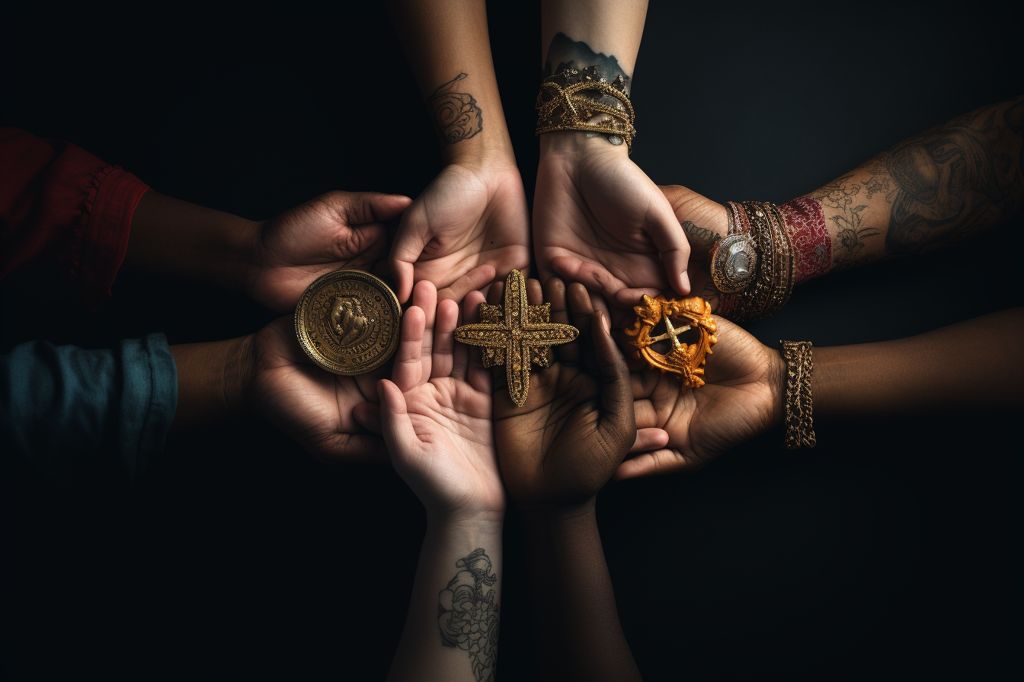Deputy President Paul Mashatile’s Meeting with Inter-Faith Leaders
Deputy President Paul Mashatile recently held discussions with distinguished religious and inter-faith leaders at the Birchwood Hotel and OR Tambo Conference Centre. This gathering aimed to appreciate cultural diversity and encourage inclusivity and involvement among the faith-based sector. Mashatile expressed his appreciation for the unity and collaboration that characterized the meeting.
UNESCO highlights the need to acknowledge, protect, and cherish the common history and spiritual importance of religious and sacred heritage sites. In South Africa, focusing on these objectives has allowed faith-based organizations to contribute to crucial national issues, such as the COVID-19 pandemic and the response to gender-based violence and femicide. As inter-faith leaders, it is essential to ensure these sites’ cultural value is preserved to maintain a strong moral compass for the nation.
South Africa is renowned for its cultural richness and religious diversity, with various faiths, beliefs, and traditions contributing to its vibrant social fabric. Recognizing, valuing, and supporting the representation of diverse individuals and viewpoints help to encourage social cohesion, inter-faith dialogue, and nation-building. Education and inter-faith dialogue also play a critical role in nurturing tolerance and understanding among communities.
The Role of Faith-Based Leaders in South Africa’s History and Current Challenges
Faith-based leaders have had a significant influence on South Africa’s history. Prominent figures such as Beyers Naudé, Desmond Tutu, Peter Storey, Allan Boesak, and Dr. Martin Luther King Jr. have made a lasting impact on the nation’s liberation struggle and civil rights movement. Drawing from the past’s lessons, today’s inter-faith leaders must collaborate to address contemporary social challenges.
South Africa faces several urgent issues today, including gender-based violence and femicide, poverty, unemployment, drug and substance abuse, child abuse, crime, corruption, teenage pregnancy, and the high rate of HIV infection among young people. A joint effort between government entities and all society segments, especially inter-faith communities, is crucial to tackle these social challenges.
Inter-faith initiatives have already demonstrated their potential for effecting societal change through community service programs and other projects. As the government, significant progress has been made in enhancing South Africans’ lives over the past 29 years, with millions now having access to education, healthcare, and basic services. However, more work is required to ensure the continued growth and resilience of South Africa’s democracy.
Strengthening Partnerships Between Government and Inter-Faith Communities
To confront these challenges, the government and inter-faith leaders must reinforce their partnership and collaborate on projects that promote human dignity, equality, non-racialism, non-sexism, and the advancement of human rights. By utilizing the valuable work already being conducted by faith leaders in communities, it becomes possible to devise more effective solutions to the nation’s issues.
As South Africa progresses, maintaining collaborative relationships between the government and inter-faith communities is essential. Doing so will help to build a better South Africa for current and future generations, ensuring the continued growth and resilience of the nation’s democracy.








